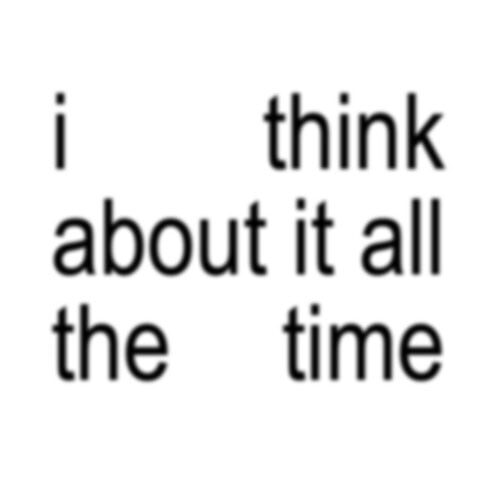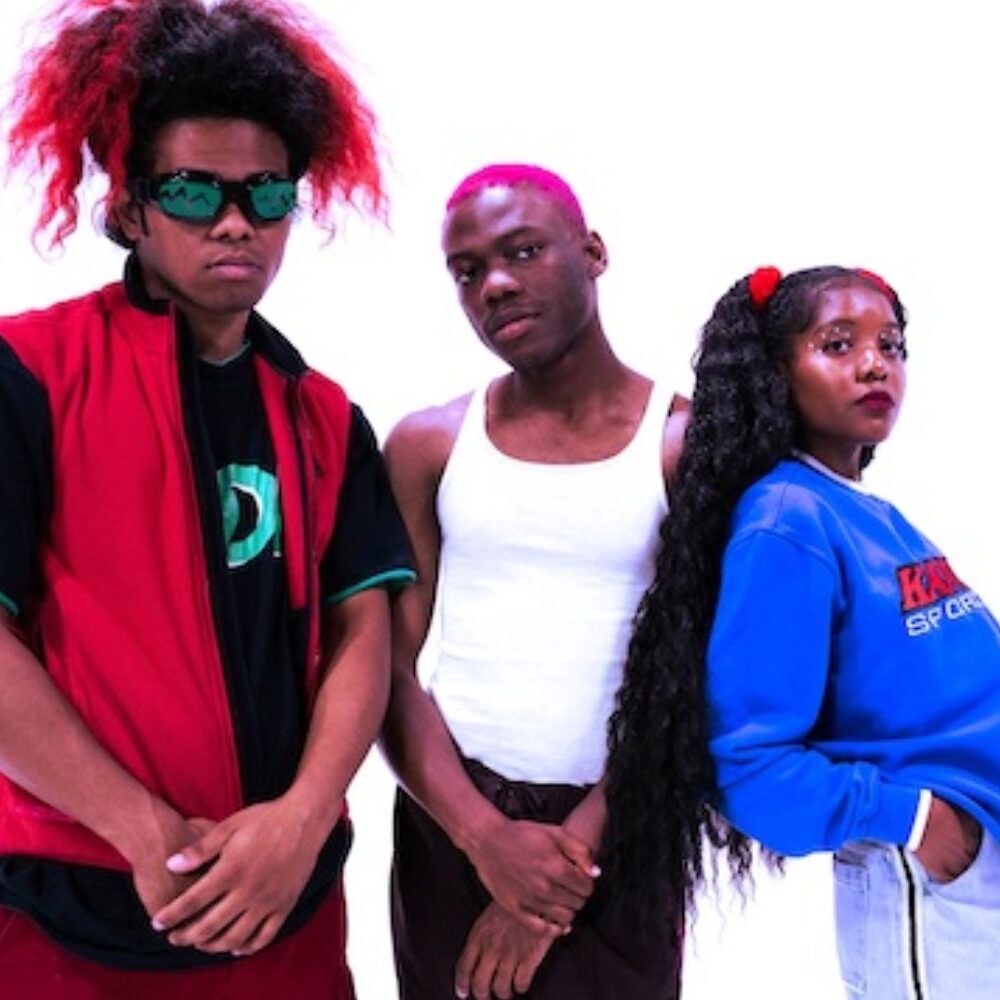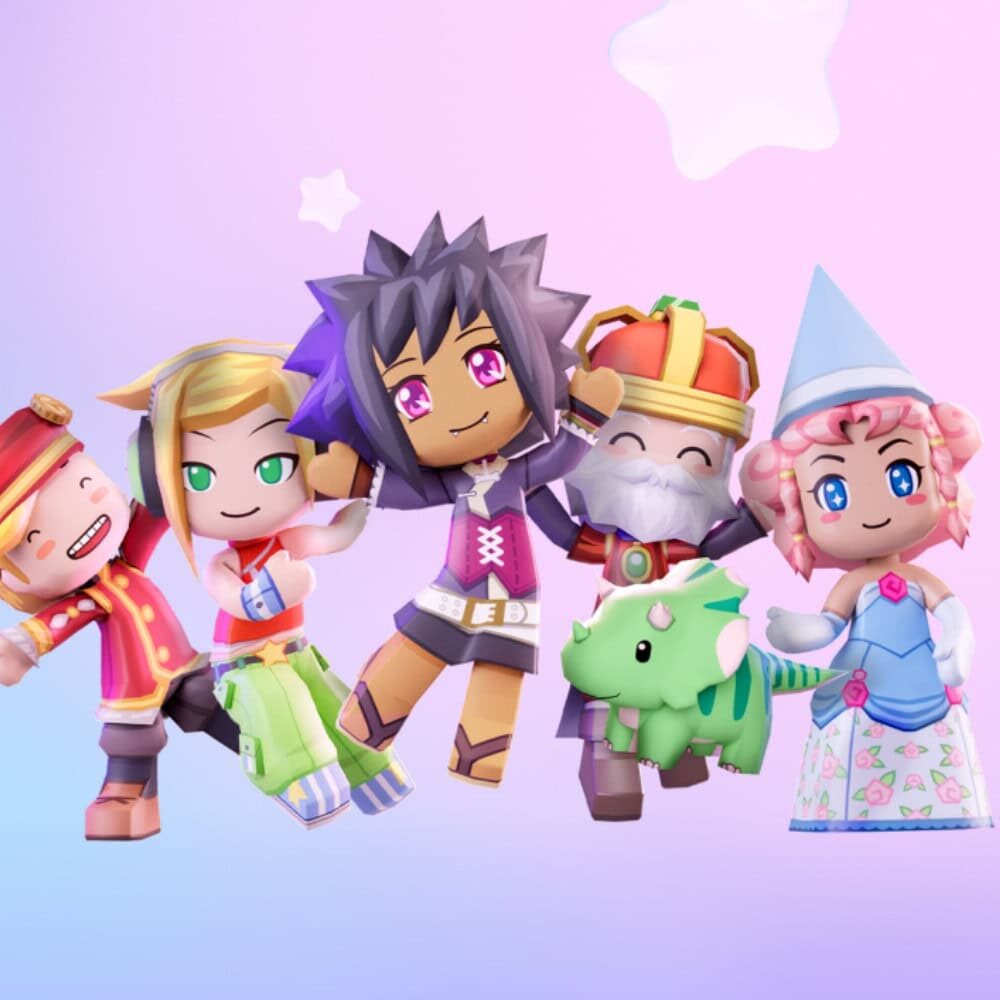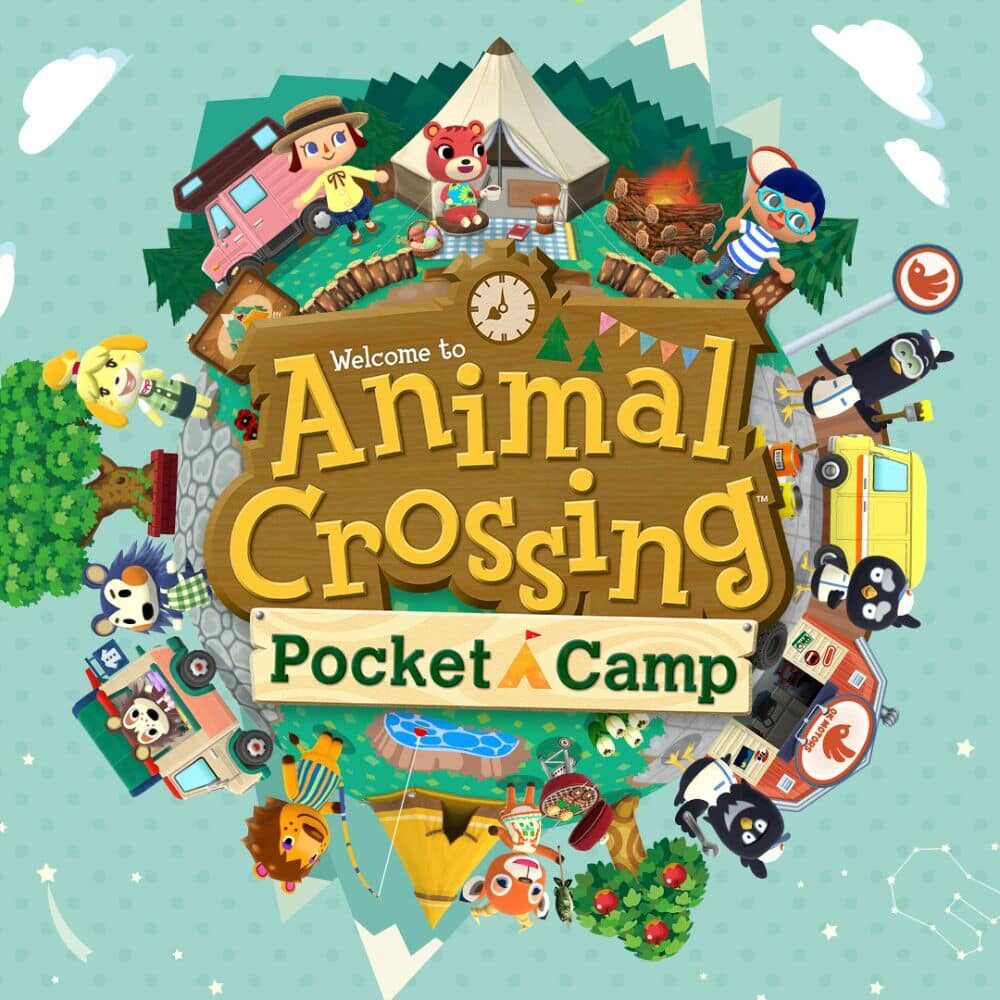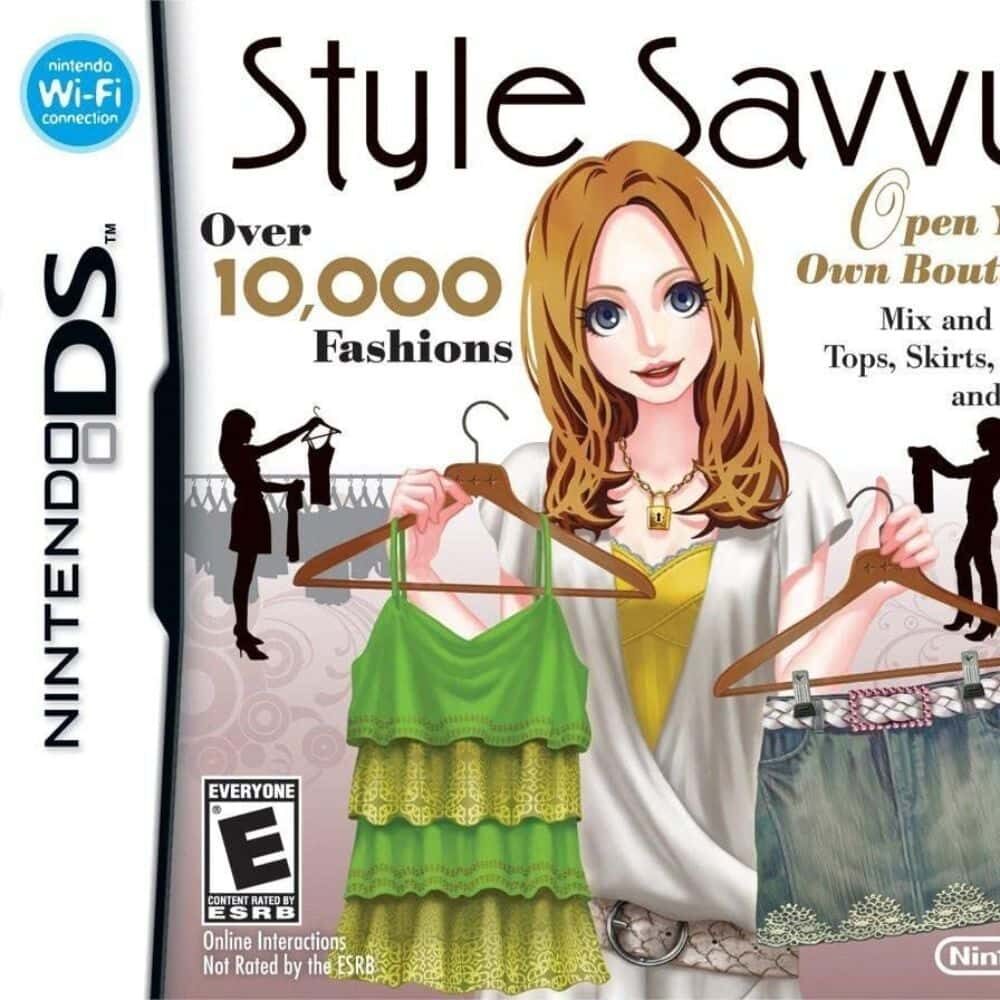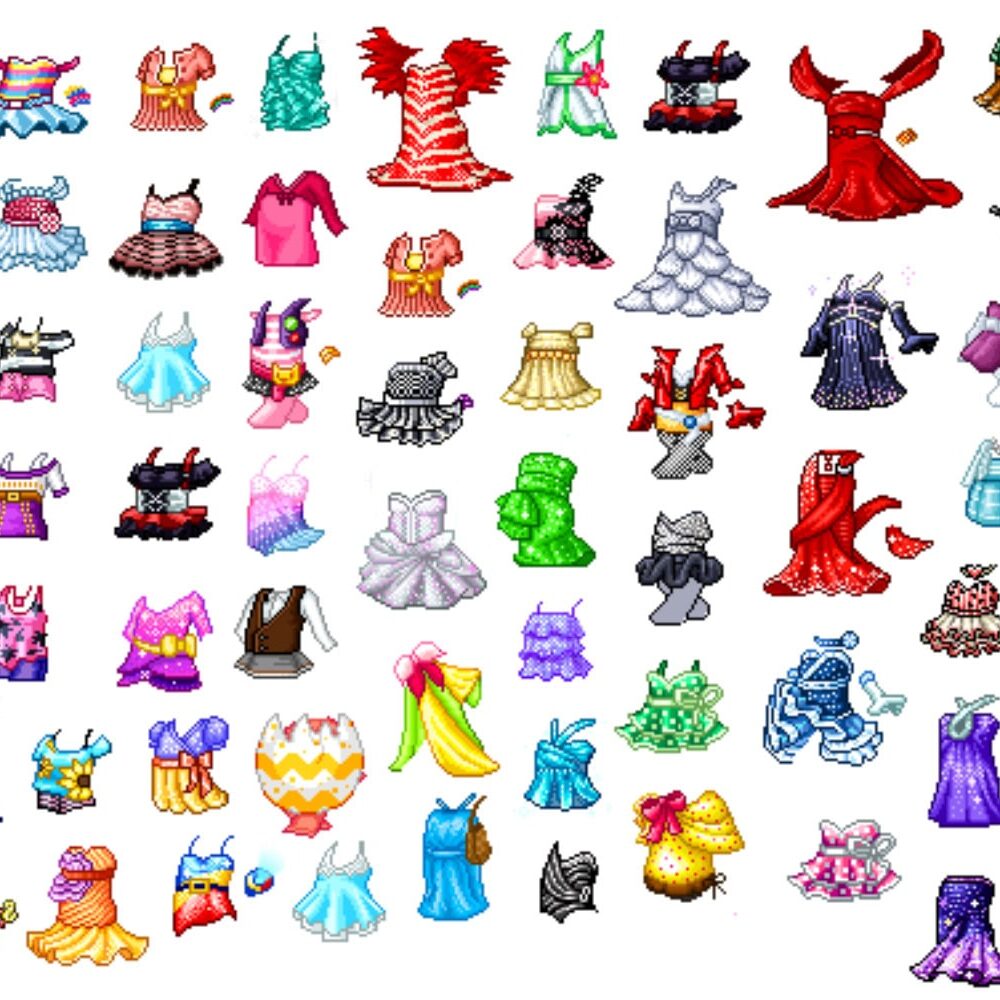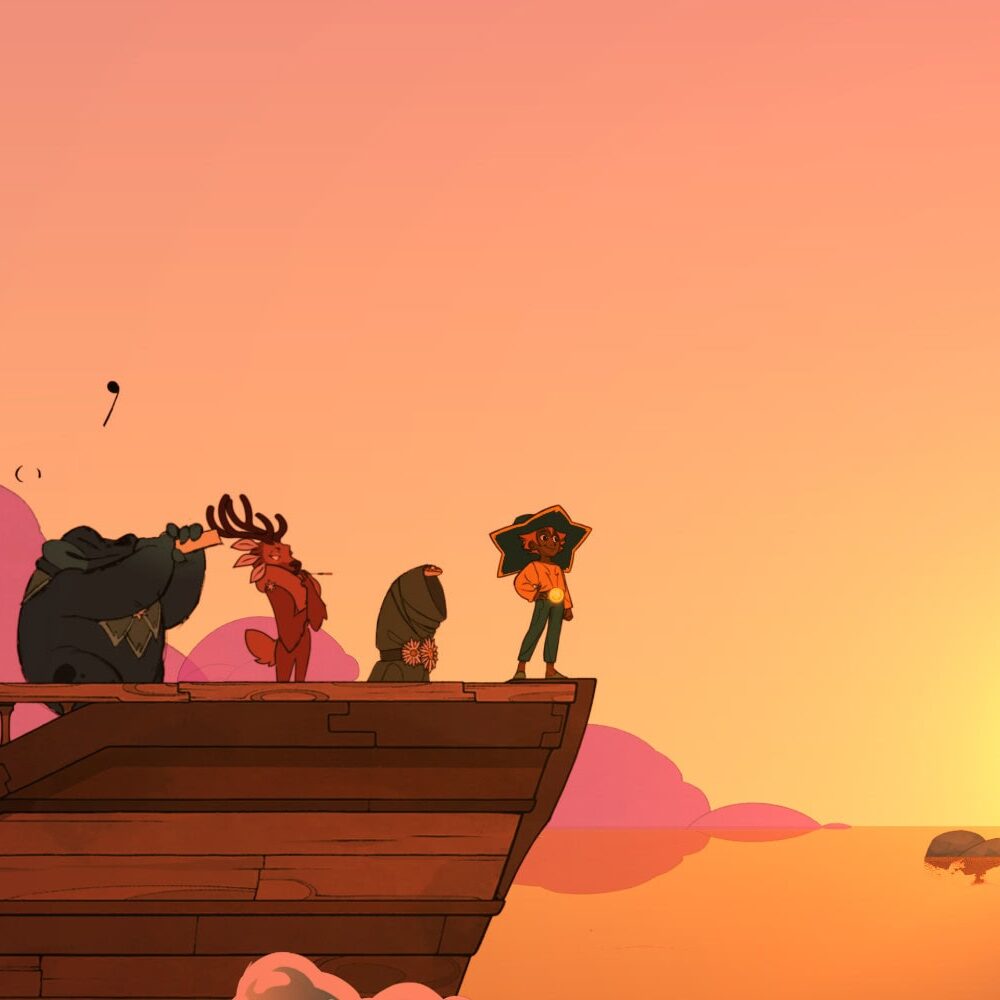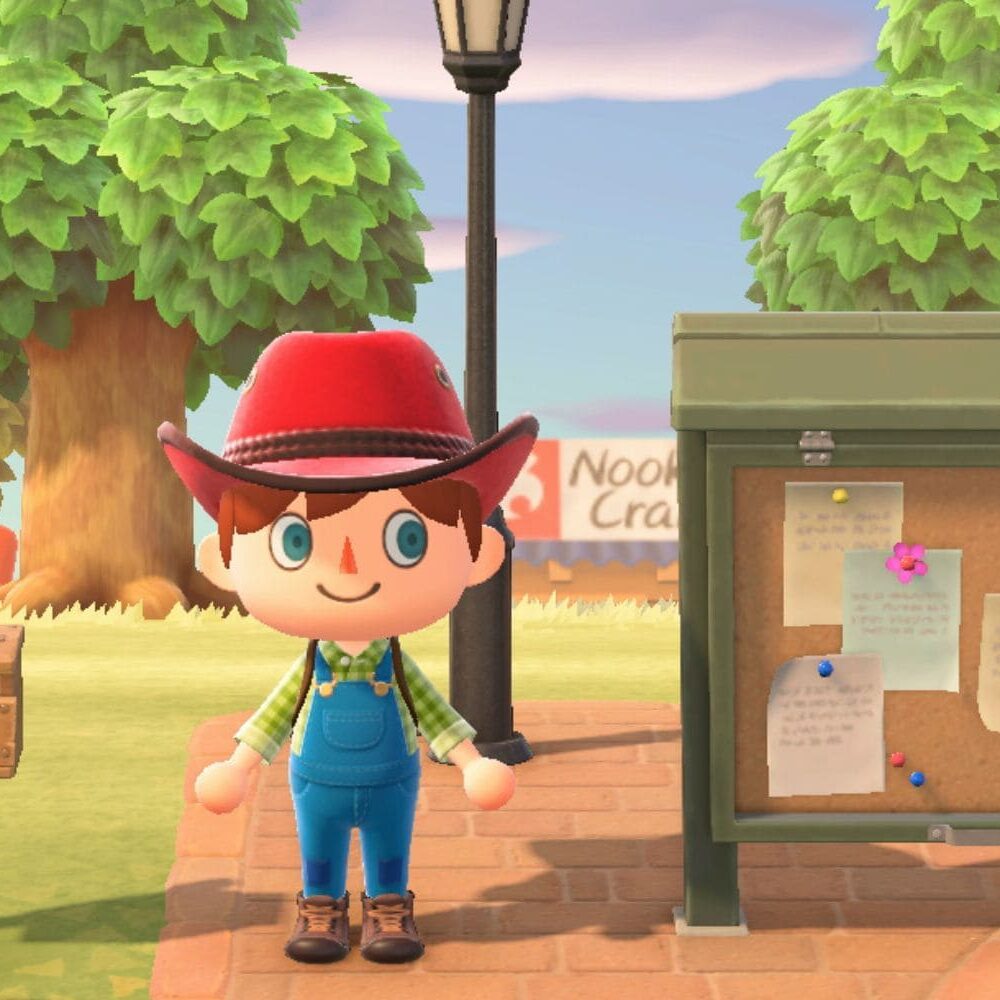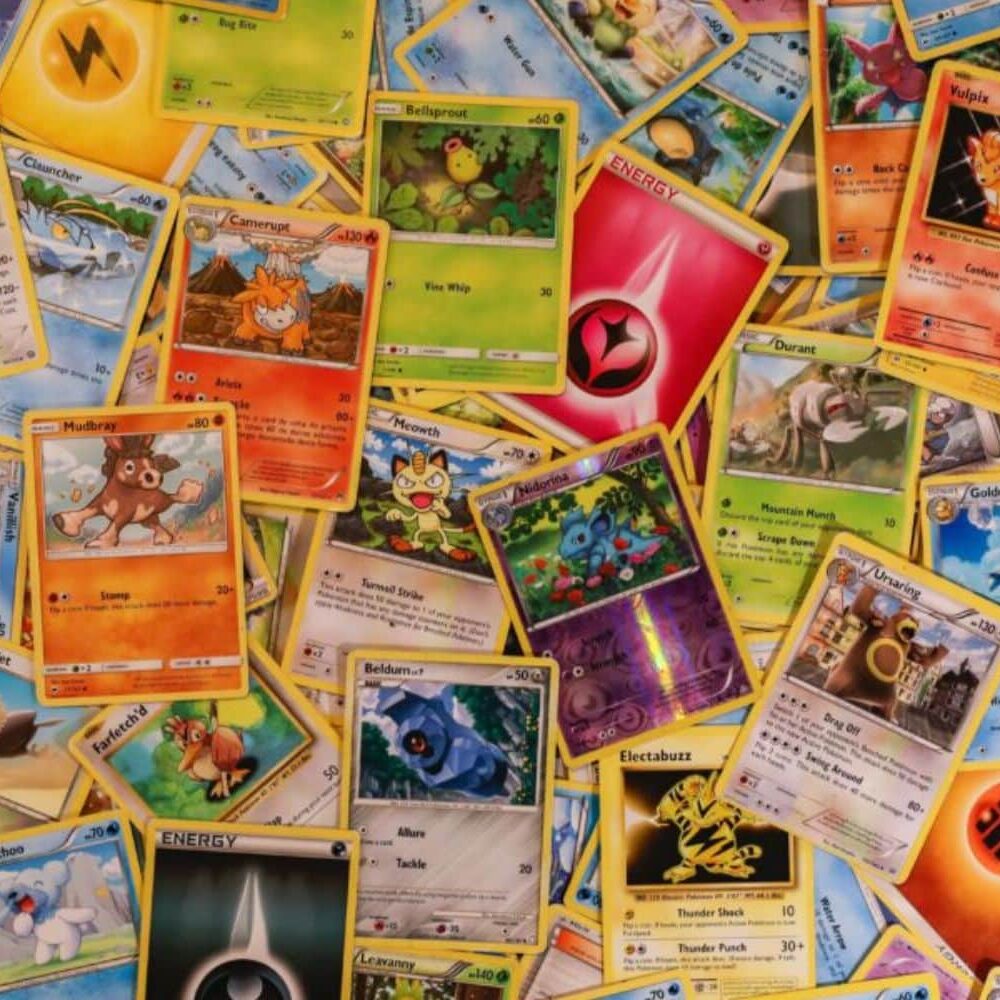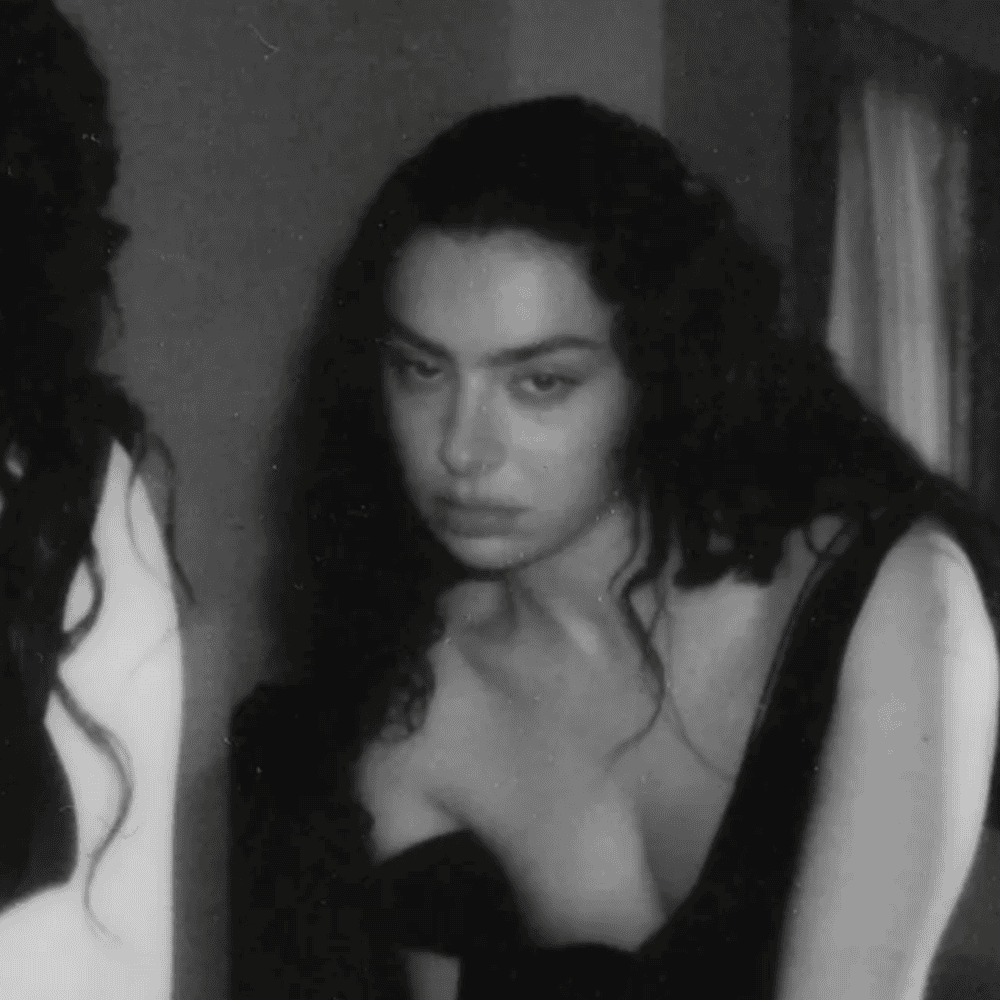
G.URL, So Confusing: Dismantling Female Rivalry Through Hyperpop
Charli XCX & Lorde’s ability to “work it out on the remix” goes beyond the mere squashing of beef, it’s an honest exploration of 21st century female relationships
Charli XCX has been largely iconic online since the days of Tumblr in 2014 when her song Boom Clap swept the charts and graced the big screen in John Greens’ The Fault in Our Stars. Now, a decade later, she has once again taken the internet by storm with the release of her most recent studio album BRAT. The album is ripe with unique club beats that not only highlight the ever impressive mixing and production present throughout her work, but also prevails as perhaps her most vulnerable music yet. Upbeat songs like Apple are juxtaposed by lyrics that explore generational trauma, while I think about it all the time takes on the end of one’s 20s as a woman with a biological clock alongside the fear and indecision that may cause.
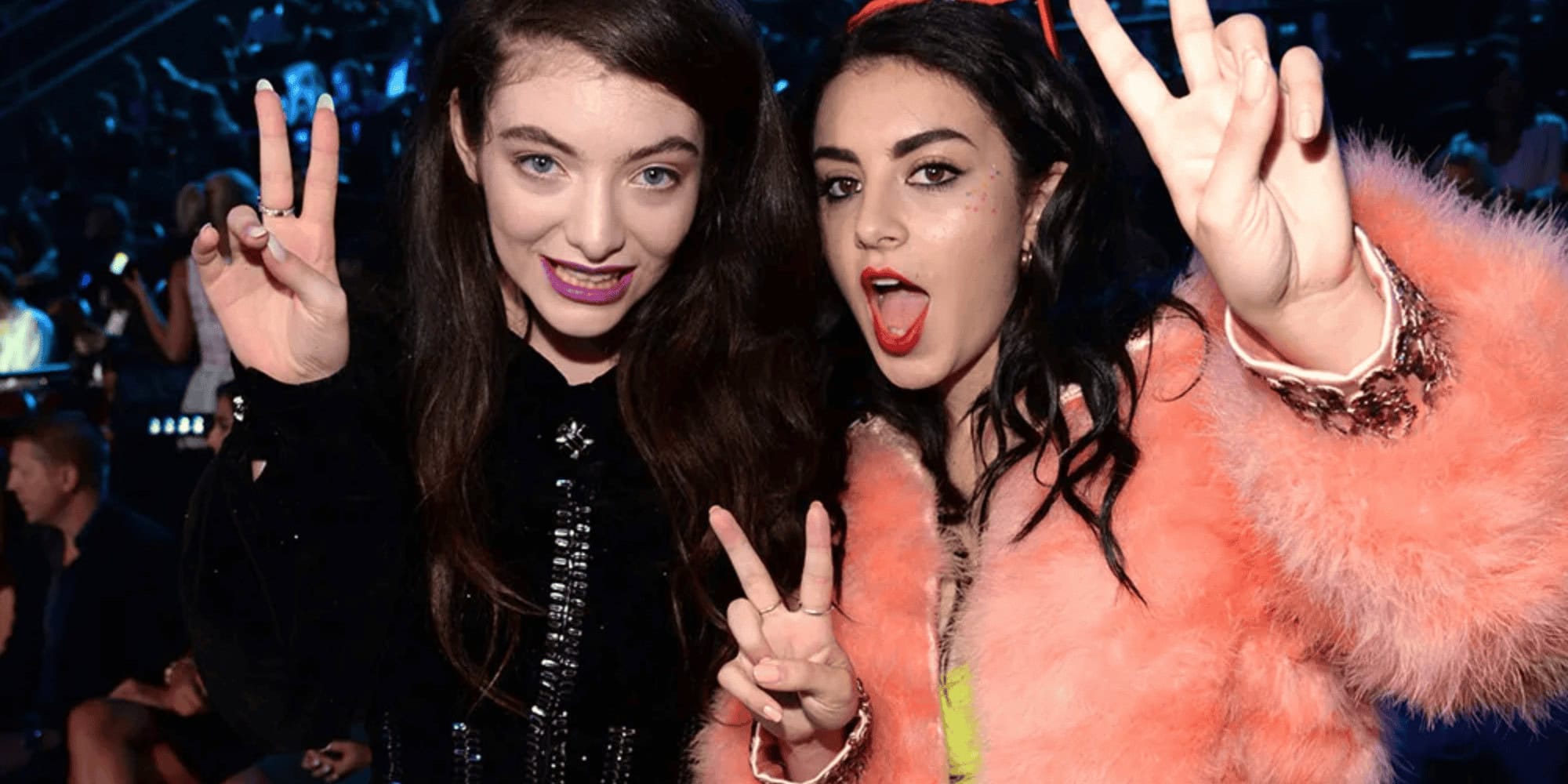
There are impressively profound truths littered all throughout the extremely danceable pop masterpiece, but one recent remix in particular has been making its rounds on social media. Girl, so confusing, explores one side of a seemingly niche facet of female relationships that, in reality, is far more common than I think anyone had realized prior. Charli sings:
“Yeah, I don’t know if you like me // Sometimes I think you might hate me // Sometimes I think I might hate you // Maybe you just wanna be me // You always say, ‘Let’s go out’ // So we go eat at a restaurant// Sometimes it feels a bit awkward // Cause we don’t have much in common. People say we’re alike // They say we’ve got the same hair// We talk about making music // But I don’t know if it’s honest // Can’t tell if you wanna see me // Falling over and failing // And you can’t tell what you’re feeling // I think I know how you feel // Girl, it’s so confusing sometimes to be a girl // Girl, girl, girl, girl.”
Upon the songs’ release, people were quick to relate the lyrics back to the pop artist Lorde, who had long been compared to Charli XCX and vice versa. The song explores how, when interacting with one another, there can often be a simultaneous sense of intimidation, insecurity, jealousy, comradery, and yearning between women. This feeling only intensifies when operating in parallel spheres. It’s been (hopefully) clear for a while now that society viciously pits women against one another. Women are so often reduced down to one thing, and society has been trained to believe that there’s very little room in creative spheres for them to begin with. Women in, and out, of the public eye are relentlessly compared, the side effect of this comparison being competition.
___STEADY_PAYWALL___
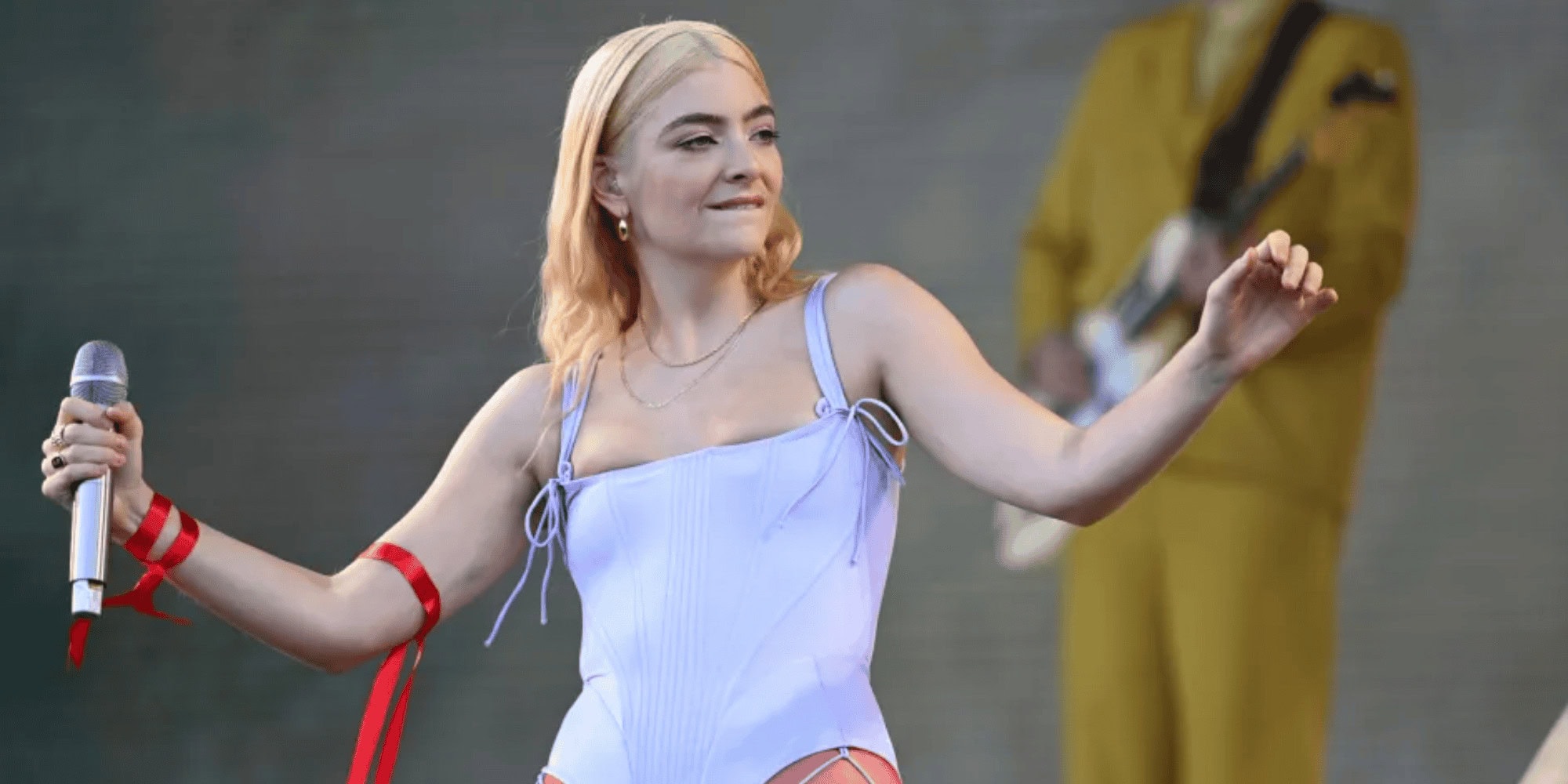
What has been less readily available is the perspective of those women and the effects it takes on their interpersonal relationships. This happens to women at all levels of success and under varying levels of public perception. There’s the motive to win at the invisible competition, a pressure to be the cooler girl, but to also remain a “girl’s girl” by maintaining a positive relationship with the perceived competitor. The resulting tension of these mind games is the anxiety and ambiguity of these female relationships in which neither party is certain where they stand with the other at any given moment; is the perceived competitor even competing? This question is essentially the thesis for Lorde’s “response” verse on The girl, so confusing version with lorde. Lorde sings:
“Well, honestly, I was speechless // When I woke up to your voice note // You told me how you’d been feeling // Let’s work it out on the remix // You’d always say, “Let’s go out” // But then I’d cancel last minute // I was so lost in my head // And scared to be in your pictures // ‘Cause for the last couple years // I’ve been at war with my body // I tried to starve myself thinner // And then I gained all the weight back // I was trapped in the hatred // And your life seemed so awesome // I never thought for a second // My voice was in your head //‘Girl, you walk like a bitch’ // When I was ten, someone said that // And it’s just self-defense // Until you’re building a weapon // She believed my projection // And now I totally get it // Forgot that inside that icon // There’s still a young girl from Essex.”
Lorde’s addition to the song is an emotional perspective regarding the surmounting amalgamation of how the societal expectations, and the incessant comparison, of women festers into relationship ruining insecurity. Lorde is brutally honest on the track about how her self-hatred led to isolation that only furthered the passive conflict, escalating their cold war until it froze over completely. However, it seems that the scope of their genuine discourse on the remix may pose as the start of a warmer future between the two. Pop icon or not, in the digital age it’s become easier than ever to intake the algorithmically determined image of femininity and to regulate the projected image of one’s own. A new means of comparison; the cycle is maddening. It becomes so addictive to live within your own bubble, maintaining your image and staving off the negativity as best as possible, that you forget how likely it is that the very women you may be comparing yourself to are experiencing the exact same thing. The vulnerability shown by both Lorde and Charli effectively dismantle the cyclical and exhausting relationship dynamic a girl can have trying to keep with her equal, and suggest they both slow down to walk together.

Obviously, not all women are destined to get along just as not all people are. However, women are destined to have some overlapping experiences when it comes to femininity, and what a waste it is to squander a potential friendship solely over something that actually brings you together! This is the lesson that the hyperpop ballad means to teach. Girl, so confusing reminds us to lay our weapons down and stop fighting battles for the patriarchal society that pit us against one another to begin with; there’s no need for us to do their dirty work! We must slowly undo and unlearn the competitive and defensive tendencies they’ve instilled in us. The remix asks girls out there to refrain from entertaining these pointless contests in which everyone actually loses. Sparking, and maintaining, honest dialogue about the female experience is the real way to work it out on the remix.
Enjoyed this story? Support independent gaming and online news by purchasing the latest issue of G.URL. Unlock exclusive content, interviews, and features that celebrate feminine creatives. Get your copy of the physical or digital magazine today!

